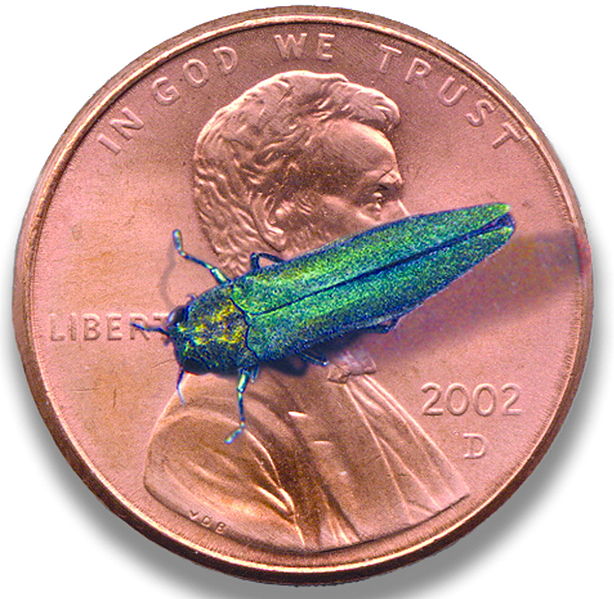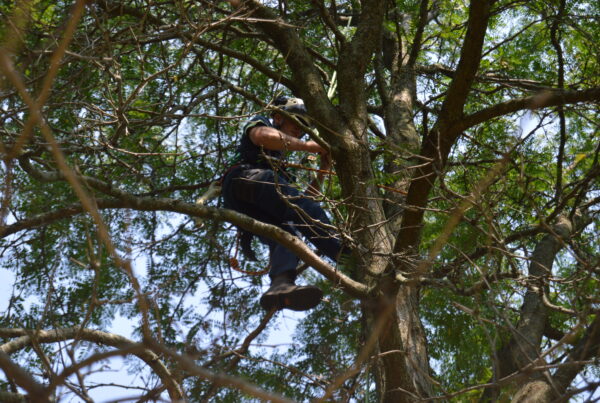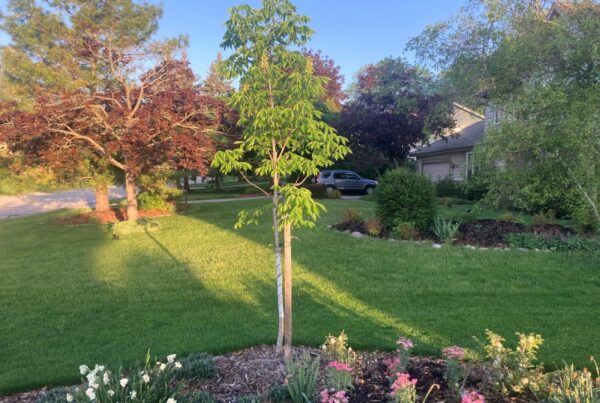Emerald Ash Borer (EAB) has invaded southeast Wisconsin with a vengeance.
In Wisconsin, we have approximately 800 million ash trees and about eight billion in U.S. forests. According to American Forests, a nonprofit conservation organization, these trees have an estimated value of $280 billion dollars.
We are on track to lose nearly all of them within the next few years.
This insect, first discovered in Detroit, Michigan, in 2002 is the most destructive forest pest ever seen in North America. To put its damage in perspective, Dutch elm disease killed 200 million elm trees, and according to FEMA, Hurricane Katrina was the single most catastrophic natural disaster in U.S. history with a price tag estimated at $108 billion.
With urban forests and natural forests at stake, there’s no way to accurately determine the number of trees that will be impacted. The dollar loss because of EAB is truly unknown and that is what’s so frightening.
There is no way to stop EAB, but there are ways to slow the spread in an effort to save ash trees. In Wisconsin, it is illegal to move firewood from a quarantined county to another county where EAB has not been identified. More than half of the counties in Wisconsin – 41 out of 72 – are now quarantined because of EAB infestation.
From last year through at least 2018, we will see abnormally high numbers of ash trees in southeast Wisconsin that will need to be treated, or taken down, due to the presence of the insect. Not all ash trees in the urban landscape are worth the continual cost of treatment, but significant trees should be preserved and individual ash trees can be protected.
Remember: the only ash trees likely left standing in a few years from now will be the ones that have been treated. The certified arborists at American Tree Experts can identify and recommend a management program for ash trees on your property before it is too late.
Picture by Howard Russell, Michigan State University, Bugwood.org [CC BY 3.0 us (http://creativecommons.org/licenses/by/3.0/us/deed.en)], via Wikimedia Commons




